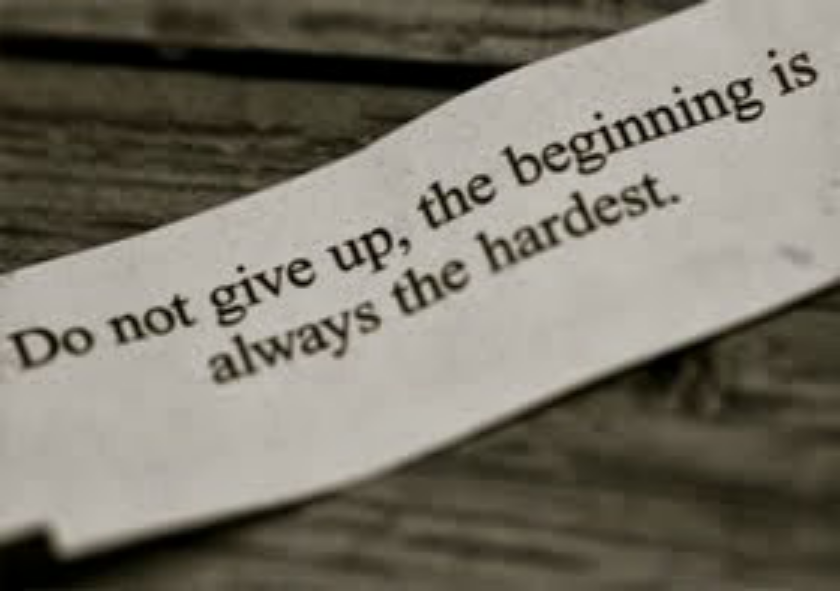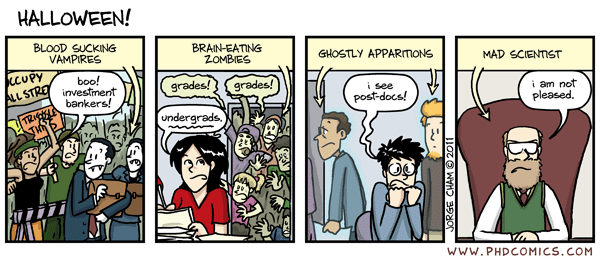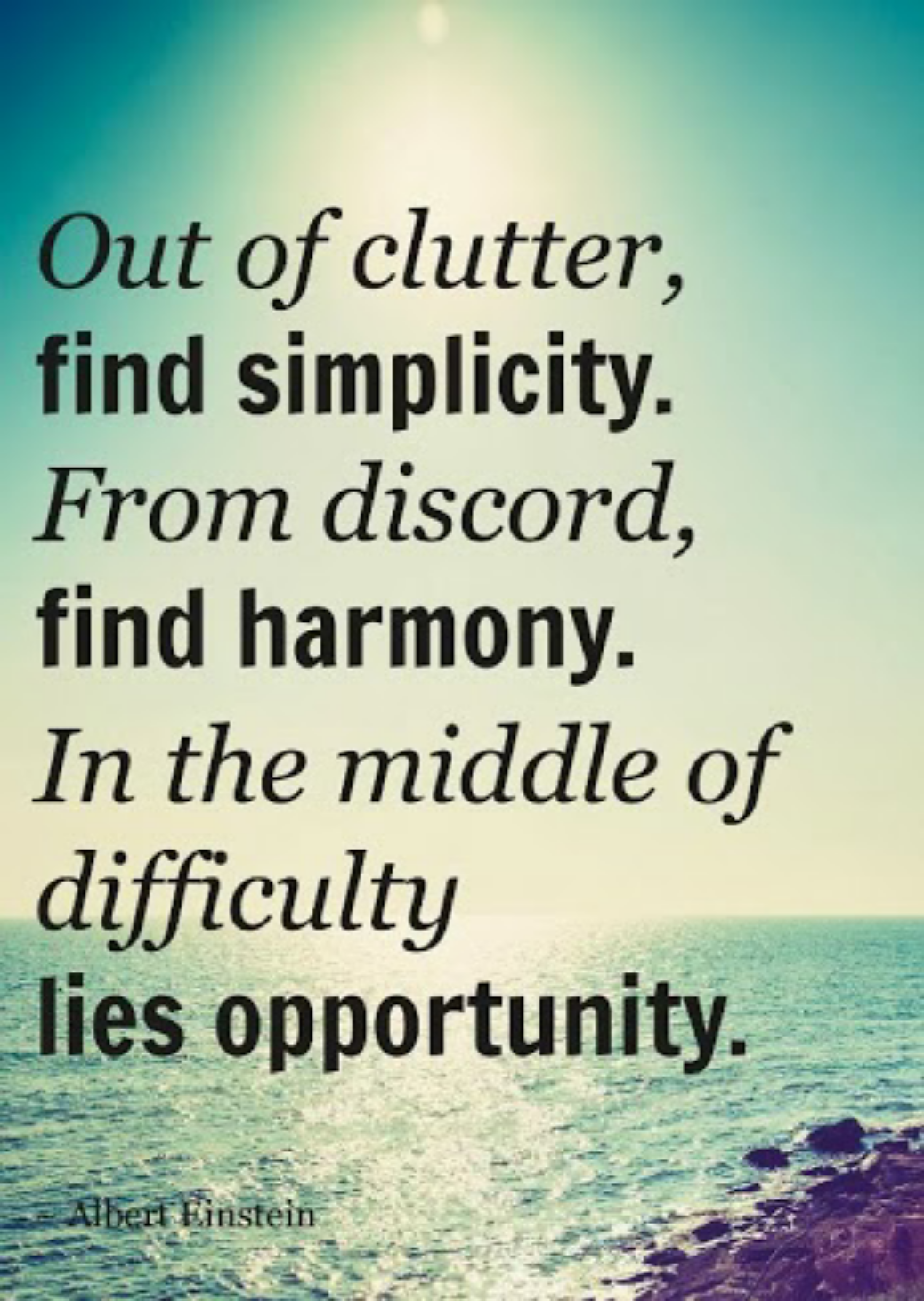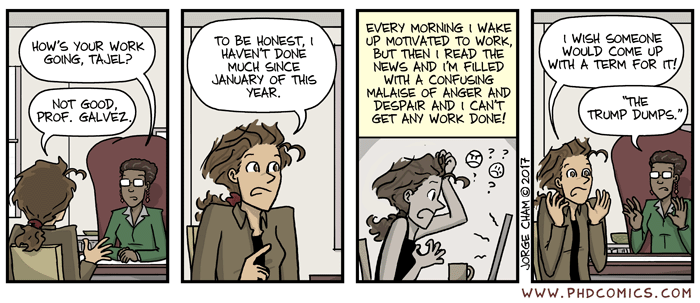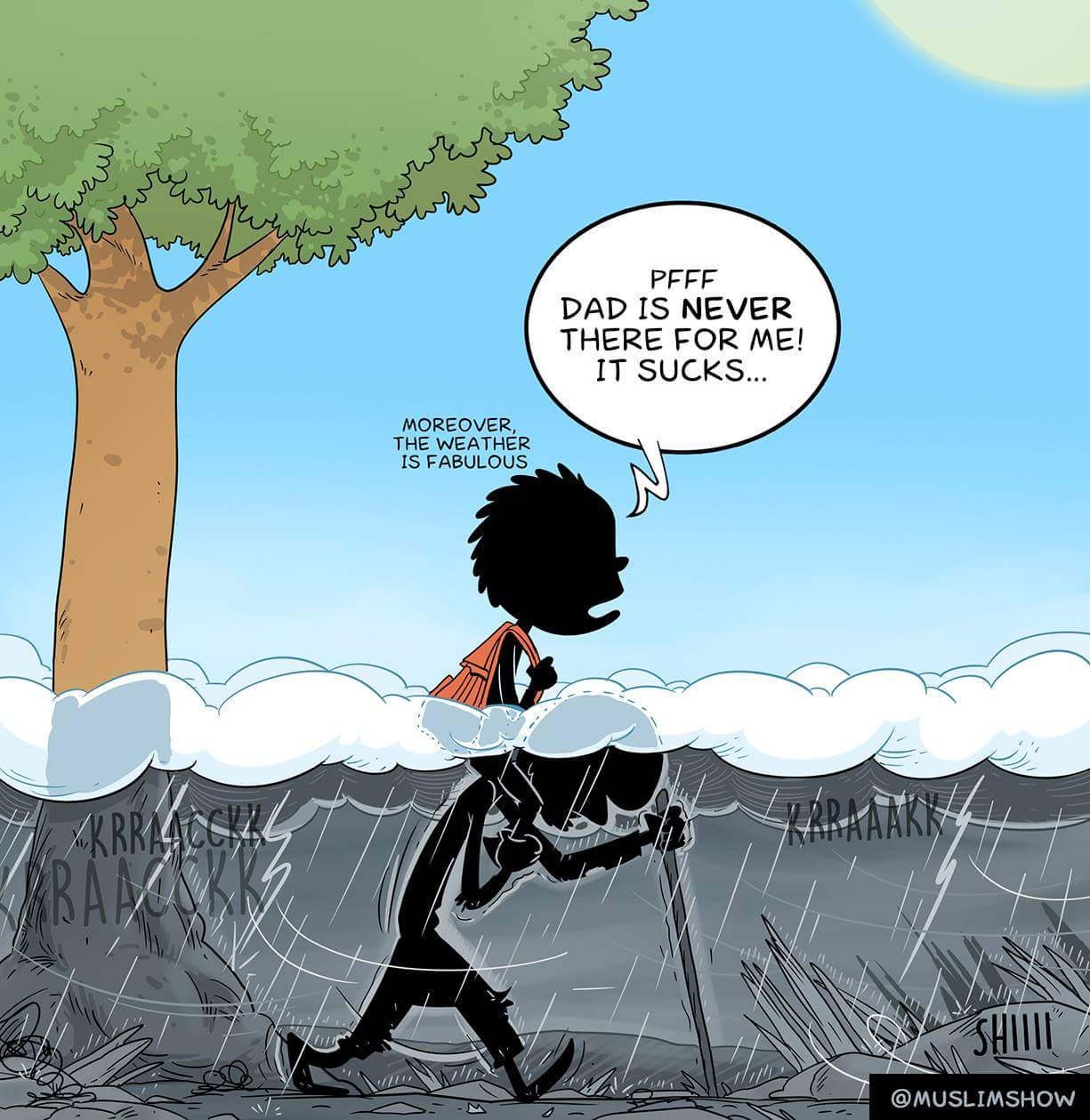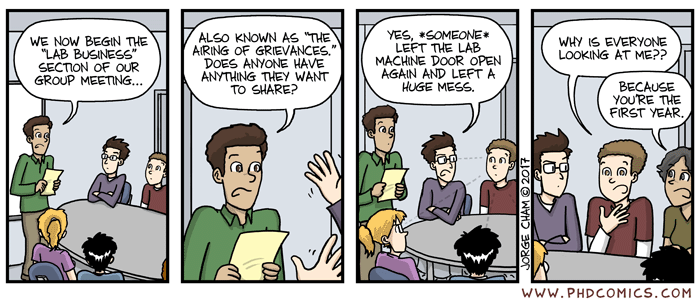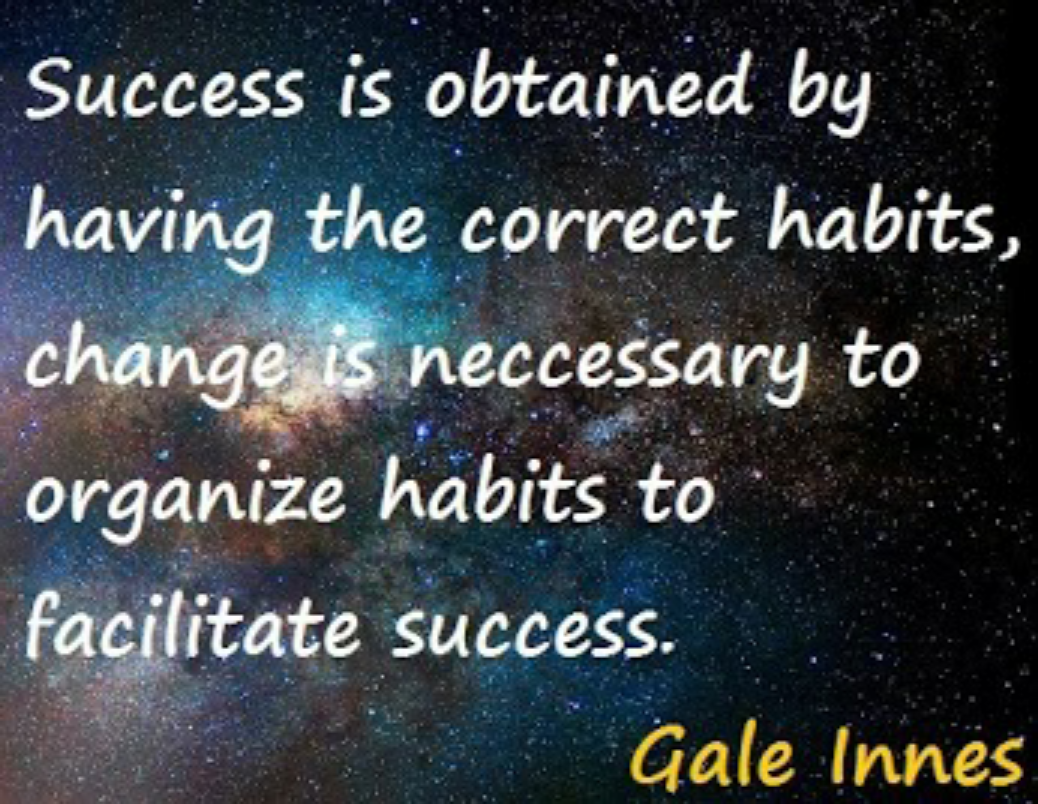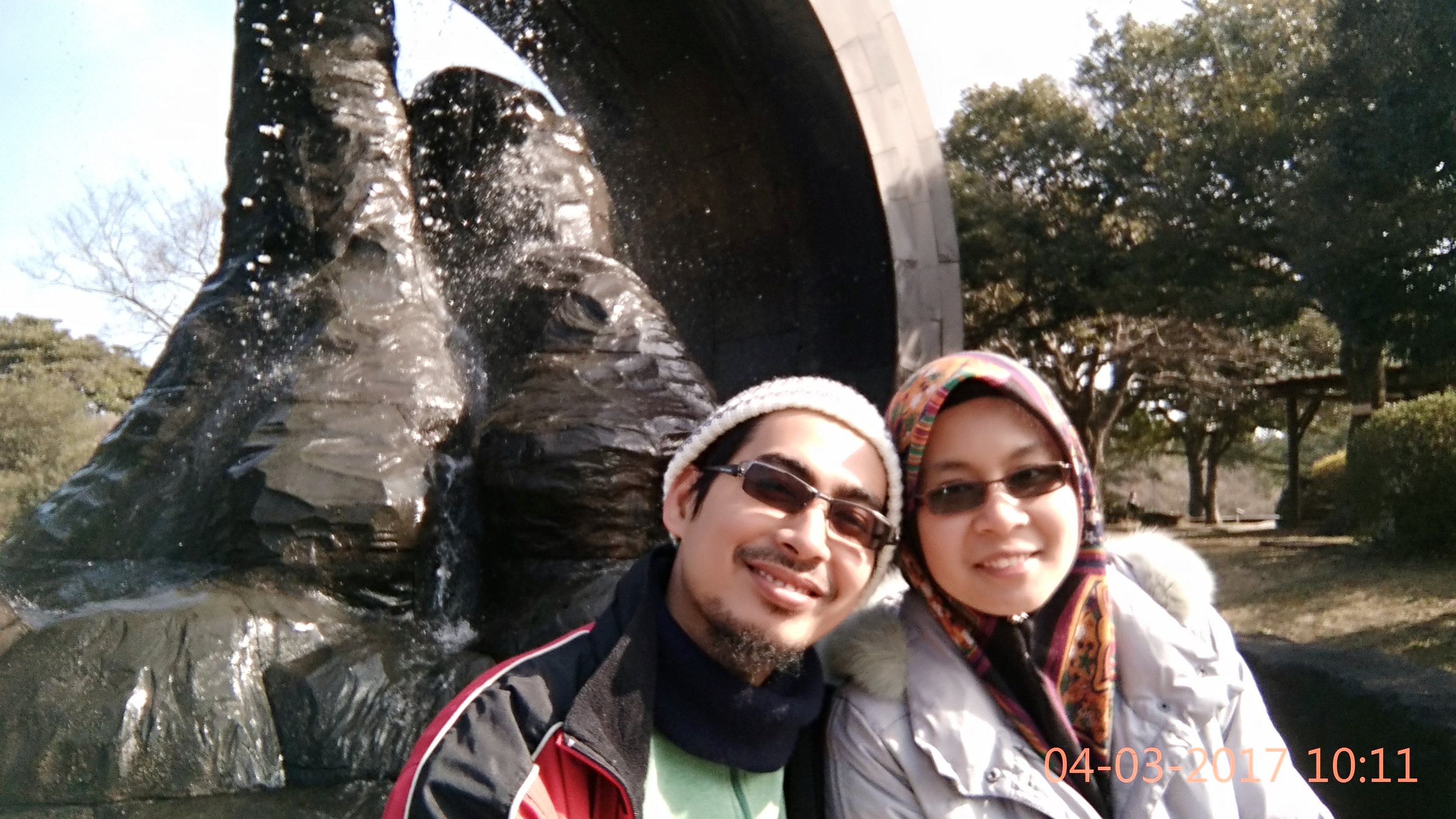Doa Tolak Hujan
Sahih Al Bukhari, Chapter#2 Hadith#1 (Belief)
حَدَّثَنَا عُبَيْدُ اللَّهِ بْنُ مُوسَى، قَالَ أَخْبَرَنَا حَنْظَلَةُ بْنُ أَبِي سُفْيَانَ، عَنْ عِكْرِمَةَ بْنِ خَالِدٍ، عَنِ ابْنِ عُمَرَ ـ رضى الله عنهما ـ قَالَ قَالَ رَسُولُ اللَّهِ صلى الله عليه وسلم ” بُنِيَ الإِسْلاَمُ عَلَى خَمْسٍ شَهَادَةِ أَنْ لاَ إِلَهَ إِلاَّ اللَّهُ وَأَنَّ مُحَمَّدًا رَسُولُ اللَّهِ، وَإِقَامِ الصَّلاَةِ، وَإِيتَاءِ الزَّكَاةِ، وَالْحَجِّ، وَصَوْمِ رَمَضَانَ ”
“Narrated By Ibn ‘Umar : Allah’s Apostle said: Islam is based on (the following) five (principles): To testify that none has the right to be worshipped but Allah and Muhammad is Allah’s Apostle.To offer the (compulsory congregational) prayers dutifully and perfectly.To pay Zakat. (i.e. obligatory charity).To perform Hajj. (i.e. Pilgrimage to Mecca).To observe fast during the month of Ramadan.”
The Builder
An elderly carpenter was ready to retire. He told his employer contractor of his plans to leave the house building business and live a more leisurely life with his wife enjoying his extended family. He would miss the pay exchequer, but he needed to retire. They could get by.
The contractor was sorry to see his good worker go and asked if he could build just one more house as a personal favor. The carpenter said yes, but in time it was easy to see that his heart was not in his work. He resorted to shoddy workmanship and used inferior materials. It was an unfortunate way to end his career. When the carpenter finished his work and the builder came to inspect the house, the contractor handed the front-door key to the carpenter. “This is your house,” he said, “my gift to you.” What a shock! What a shame! If he had only known he was building his own house, he would have done it all so differently. Now he had to live in the home he had built none too well.
So it is with us. We build our lives in a distracted way, reacting rather than acting, willing to put up less than the best. At important points we do not give the job our best effort. Then with a shock we look at the situation we have created and find that we are now living in the house we have built. If we had realized, we would have done it differently.
Think of yourself as the carpenter. Think about your house. Each day you hammer a nail, place a board, or erect a wall. Build wisely. It is the only life you will ever build. Even if you live it for only one day more, that day deserves to be lived graciously and with dignity. The plaque on the wall says, “Life is a do-it-yourself project.” Who could
say it more clearly? Your life today is the result of your attitudes and choices in the past. Your life tomorrow will be the result of your attitudes and the choices you make today.
Get more stories on Short Stories app https://goo.gl/ETzph8
Education does not Mean Good Judgement
There is a story about a man who sold hot dogs by the roadside. He was illiterate, so he never read newspapers . He was hard of hearing, so he never listened to the radio. His eyes were weak, so he never watched television. But enthusiastically, he sold lots of hot dogs. His sales and profit went up. He ordered more meat and got himself a bigger and a better stove. As his business was growing, the son, who had recently graduated from college, joined his father.
Then something strange happened. The son asked, “Dad, aren’t you aware of the great recession that is coming our way?” The father replied, “No, but tell me about it.” The son said, “The international situation is terrible. The domestic is even worse. We should be prepared for the coming bad time.” The man thought that since his son had been to college, read the papers, and listened to the radio, he ought to know and his advice should not be taken lightly. So the next day, the father cut down his order for the meat and buns, took down the sign and was no longer enthusiastic. Very soon, fewer and fewer people bothered to stop at his hot dog stand. And his sales started coming down rapidly. The father said to his son, “Son, you were right. We are in the middle of a recession. I am glad you warned me ahead of time.”
Get more stories on Short Stories app https://goo.gl/ETzph8
Seminar Pekerja Hebat 2.0 – ” Hebatnya Kuasa Gaji Halal”
Sukacita dimaklumkan, Institut Pembangunan Pengurusan Johor (IPPJ) – Johor Corporation akan menganjurkan dua program untuk bulan Oktober dan November. Butiran-butiran program seperti berikut:-
Seminar Pekerja Hebat 2.0 – ” Hebatnya Kuasa Gaji Halal”
Tarikh : 12 November 2017 / 22 Safar 1439H (Ahad)
Tempat : Hotel New York, Johor Bahru
Masa : 8.30 am – 1.00 pm
Pihak kami mempelawa organisasi tuan/puan untuk menyertai program ini.
?PANAS!?Peserta terawal akan diberikan Diskaun Istimewa. ?
? Anda duduk di luar Johor? ?
?TIADA MASALAH!?
?Anda boleh mengambil peluang ini untuk berehat dan melawat tempat-tempat menarik di Johor. ?
? Jadi Ayuh menyertai Seminar Pekerja Hebat 2.0 ini! ?
Bersama-sama ini dilampirkan brosur dan borang pendaftaran untuk tindakan tuan/puan. Pihak kami mengalu-alukan penyertaan daripada pihak tuan dan semoga cadangan kami ini, mendapat maklumbalas yang positif.
Sebarang pertanyaan sila hubungi Pegawai kami, Cik Syakirah / Puan Alin/ Cik Farah/ Cik Iza di talian 07-222 1767 / 013-521 7692 atau email alin@ippj.com.my / farah@ippj.com.my / iza@ippj.com.my / syakirah.ippj@gmail.com akan sedia untuk menjawab sebarang pertanyaan mengenai seminar ini daripada pihak tuan/puan.
* Yuran penyertaan adalah ditanggung oleh vot peruntukan PTJ masing-masing.
Sumber:
Institut Pembangunan Pengurusan Johor Sdn Bhd
20th Floor KOMTAR
80000 Johor Bahru,
Johor.
Tel: 07-2221767
Fax:07-2221786
Emel: farah@ippj.com.my
A Puppy
A boy went to the pet store to buy a puppy. Four of them were sitting together, priced at $50 each. Then there was one sitting alone in a corner. The boy asked if that was from the same litter, if it was for sale, and why it was sitting alone. The store owner replied that it was from the same litter, it was a deformed one, and not for sale.
The boy asked what the deformity was. The store owner replied that the puppy was born without a hip socket and had a leg missing. The boy asked, “What will you do with this one?” The reply was it would be put to sleep. The boy asked if he could play with that puppy. The store owner said, “Sure.” The boy picked the puppy up and the puppy licked him on the ear. Instantly the boy decided that was the puppy he wanted to buy. The store owner said “That is not for sale!” The boy insisted.
The store owner agreed. The boy pulled out $2 from his pocket and ran to get $48 from his mother. As he reached the door the store owner shouted after him, “I don’t understand why you would pay full money for this one when you could buy a good one for the same price.” The boy didn’t say a word. He just lifted his left trouser leg and he was wearing a brace. The pet store owner said, “I understand. Go ahead, take this one.” This is empathy.
Get more stories on Short Stories app https://goo.gl/ETzph8
Is going to university really worth it for most people?
Put the future in your hands. Change your life, change the world. Thrive amid the rise of machines.
In their advertisements, Australian universities promise prospective students quite a lot.
You might wonder why they need to advertise at all — 36 per cent of the Australian population had gained tertiary qualifications in 2011, compared to two per cent in 1971.
Universities collected over $27 billion in revenue in 2014.
But with increasing graduate numbers, national lists of skills shortages, and stalled real wage growth, the question must be asked: is it really worth getting a degree?
More money, but at what cost?
For prospective students, a key argument for university study is its presumed positive effect on wages over a lifetime.
Andreas Schleicher, director for education and skills at the Organisation for Economic Cooperation and Development, says that figure is quite large in Australia.
“You get about $300,000 in earnings more than those who do not study,” he says.
There’s also a benefit for taxpayers.
“Better educated people pay more taxes, incur lower social costs — it’s a good investment,” Mr Schleicher says.
But that positive effect on lifetime wages isn’t uniform over all degrees, according to the Grattan Institute’s higher education program director, Andrew Norton.
 PHOTO: University prestige only has a “moderate” effect on lifetime earnings, Andrew Norton says. (Unsplash: Aaron Cinard)
PHOTO: University prestige only has a “moderate” effect on lifetime earnings, Andrew Norton says. (Unsplash: Aaron Cinard)“Our research very consistently finds that if you do a degree such as medicine, dentistry, law, [or] engineering … that is really the key to good earnings,” he says.
“You’d be better off doing engineering at a low prestige university than arts at a high prestige university in Australia.”
But for Alison Wolf, an economist and professor of public sector management at Kings College, London, the perceived prestige of the awarding institution shouldn’t be dismissed.
For employers, a so-called “Sandstone University” degree can act as a sort of screening test.
“It signals to society that [students] are relatively intelligent, good future employees — the sort of people you won’t get sacked for hiring,” Professor Wolf says.
But Professor Wolf also believes students should have more options at the sub-degree and technical education level.
“If you’re 18 and you want get some form of tertiary qualification, you can have a full-time, three-year degree, and that’s basically it,” he says.
For students in the United Kingdom, Professor Wolf says, the lack of mid-level technical education is “desperately wrong” and “extremely unfair”.
“Essentially, you’re robbing these kids — they spend a long time in courses which they don’t particularly enjoy. You get high dropout rates and they pile up debts,” he says.
Universities no longer broaden minds
Historically, attending university had a broad social component: making new friends, sitting in a common room arguing about the world’s ills with strangers.
For Australian higher education students today, there simply isn’t time. Australia Bureau of Statistics data shows that, for many students, working while studying is essential.
In contrast to the American or British tertiary systems, a high percentage of Australian students do not relocate to study. Nearly 40 per cent of university students live with their parents.
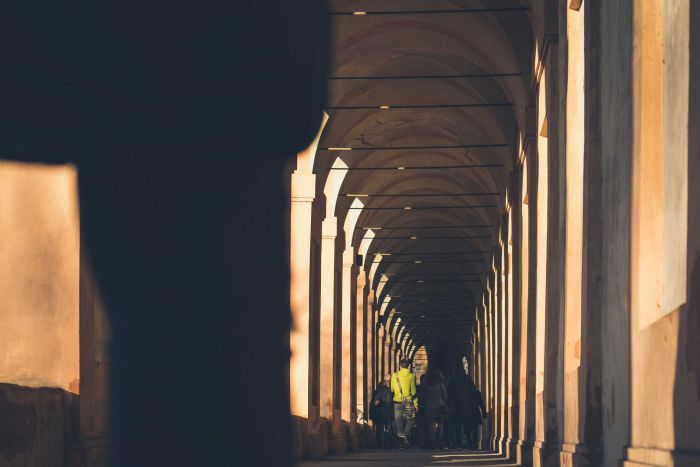 PHOTO: It can be rare to find universities offering courses below the degree level. (Unsplash: Davide Cantelli)
PHOTO: It can be rare to find universities offering courses below the degree level. (Unsplash: Davide Cantelli)Meanwhile, student activism — fertile ground for mind-broadening and friendship-fastening — has never been more atomised.
For Fairfax economics editor Ross Gittins, that socialising component is long gone.
“One of the things I’ve noticed is, you talk to young people and you say, ‘Well, who are your mates?’ and they’ll say, ‘The people I went to school with.’ In my generation, we’d say, ‘The people I went to uni with.'”
Could degrees themselves be the problem?
Mr Schleicher says universities — and the types of qualifications they offer — were designed for a very different time.
Our qualifications, he says, are “lumpy” — assuming a relatively static workforce, where graduands aren’t required to continuously adapt and engage with new environments.
The opportunity to continue learning throughout life, Mr Schleicher says, is “the big challenge” of modern university.
“If you continue learning at the workplace, or learning later in life in university, I think there is still a big gap between the needs of the modern society and the traditional universities as institutions.”
He is Always There to Meet Me!
He is Always There to Meet Me!
Two friends met each other after a long interval of time. Both were salesmen, earnestly engaged in building up their careers.
One of them was downcast. “I’m doing very well,” he said ruefully. “Whenever I go to meet the top man in any office, he is sure to be out! How can I make my sales prosper? I know this is going to happen to me again and again. I make my appointment, I reach on time – but I am sure I will not meet the person concerned. Invariably, they tell me he has just left! It’s hopeless I tell you!”
His friend replied, “Whenever I go to meet someone important, I surely expect to find him there! I’m confident that I can convince him to do business with me, and I always come away with a successful sale!”
Thoughts have power. Thoughts constitute the ink in the pen of our life. We will do well to remember that we are writing our own destiny with our thoughts!
Get more stories on Short Stories app https://goo.gl/ETzph8
Growing Good Corn
James Bender, in his book “How to Talk Well” relates the story of a farmer who grew award winning corn. Each year he entered his corn in the state fair where it won a blue ribbon. One year a newspaper reporter interviewed him and learned something interesting about how he grew it.
The reporter discovered that the farmer shared his seed corn with his neighbors. “How can you afford to share your best seed corn with your neighbors when they are entering corn in competition with yours each year?” the reporter asked. “Why sir,” said the farmer, “didn’t you know? The wind picks up pollen from the ripening corn and swirls it from field to field. If my neighbors grow inferior corn, cross pollination will steadily degrade the quality of my corn. If I am to grow good corn, I must help my neighbors grow good corn.” He is very much aware of the disconnectedness of life. His corn cannot improve unless his neighbor’s corn also improves.
So it is in other dimensions. Those who choose to be at peace must help their neighbors to be at peace. Those who choose to live well must help others to live well, for the value of a life is measured by the lives it touches. And those who choose to be happy must help others to find happiness, for the welfare of each is bound up with the welfare of all.
The lesson for each of us is this: if we are to grow good corn, we must help our neighbors grow good corn.
Get more stories on Short Stories app https://goo.gl/ETzph8

